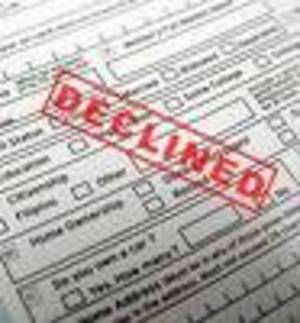Mortgage Underwriter – What You Need to Know
One of the most important debt management credit tips that anyone in finance will tell you is the importance of protecting your credit score. This is particularly true for anyone looking to make a big purchase involving credit, such as a mortgage for a home. If you want to apply for a mortgage and are not sure whether or not you need to repair your credit in order to do so, it is important to understand the types of items that can cause red flags on your credit report and take care of them as soon as possible.
Some of the Most Important ECOA Credit Report Codes
ECOA codes, or Equal Credit Opportunity Act codes, are used by mortgage underwriters to analyze a credit report and make a decision on whether or not a particular application should be approved. If you are currently working on credit repair so you can qualify for a mortgage, it is very useful to know and understand exactly which codes a mortgage underwriter is going to look at. Here are some of the most important ones:
Types of accounts
These codes refer to the type of an account, or to the relationship of the user on the account:
- A – authorized user on a shared account
- C – account with at least two liable parties (joint contractual liability)
- I – individual account with no other parties involved
- M – account with liable party, with a backup liable party if the original party defaults
- P – member of a shared account that cannot be classified as an authorized user or sole account holder
- S – account in which the secondary signer (also known as a co-signer) is liable if the maker defaults
- T – user no longer linked to the account in question
- U – blanket term for undesignated status on an account
- X – deceased
The Mortgage Underwriting Process
All of the codes listed above are used to categorize a mortgage applicant during the underwriting process. It is worth noting that this process is significantly stricter than it was during the early 2000s. In fact, the Consumer Financial Protection Bureau recently enacted even stricter underwriting requirements for certain types or mortgages. In effect, this means that mortgage underwriters must do a more extensive background check, including an in-depth look at a criminal background check, deeper checks into bank account and other assets, and a spending and employment history. Ultimately, a mortgage underwriter assigns you a credit risk, then combines that risk with the percentage of your pretax monthly income that would be accounted for with the projected mortgage payment you are applying for.
For additional information on what specific ECOA codes mean, and how you can remove the negative ones from your credit report, feel free to Sign Up for $0 below.

